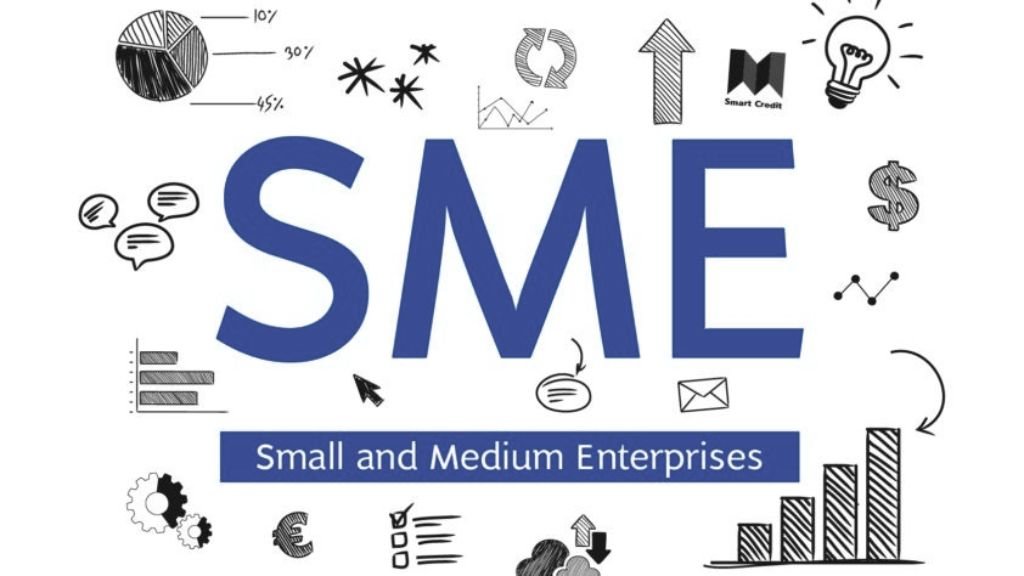
Nigeria’s ambition to become a $1 trillion economy by 2030 hinges on the success of its Small and Medium Enterprises (SMEs). Representing 99% of businesses in the country and contributing approximately 50% to GDP and 84% to employment, SMEs are the backbone of Nigeria’s economy. Yet, despite their enormous potential, these enterprises continue to face significant barriers to growth—chief among them, limited access to finance.
Over the years, the Nigerian Government has introduced several initiatives to support SMEs. These include the Bank of Industry, the Development Bank of Nigeria, and more recently, a ₦200 billion fund under the Ministry of Industry, Trade and Investment. The Central Bank of Nigeria (CBN) has also implemented targeted interventions such as the MSME Development Fund, the Anchor Borrowers’ Programme, and the Agribusiness/SME Investment Scheme.
In the last week of May 2025, the Nigerian Government also approved the creation of the National Credit Guarantee Company (NCGC). The NCGC is expected to play a key role in building trust in the financial sector, expanding credit opportunities, and supporting vulnerable groups, including women and young entrepreneurs.
However, despite these programmes, commercial banks remain reluctant to lend to SMEs. The core issue lies in the difficulty of assessing credit risk. Financial institutions often require extensive collateral or impose stringent conditions, effectively excluding a large segment of promising businesses. In 2022, domestic credit to the private sector was just 14.09% of GDP—a stark contrast to the global average of 61.27%.
The NCGC is scheduled to begin operation in July 2025 with an initial capital base of ₦100 billion. The World Bank is also involved in offering technical support to help structure the institution based on successful global models.
This strategic initiative is expected to improve access to credit for SMEs in Nigeria as a means of driving inclusive and sustainable economic growth.








Leave A Comment